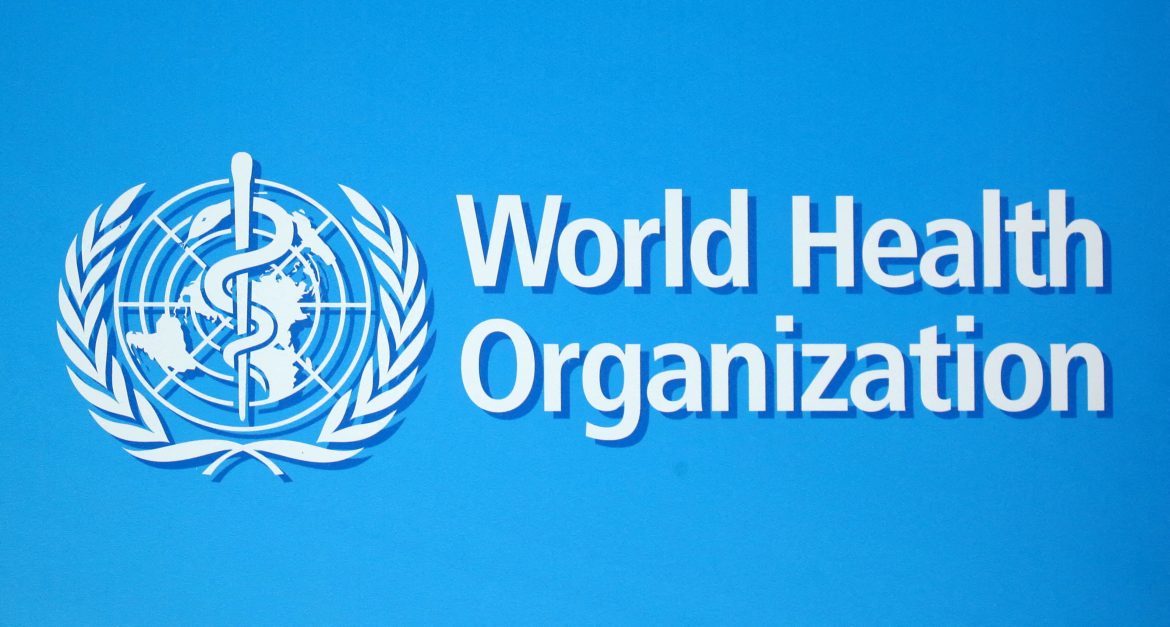By Muhammad Amaan
The World Health Organisation (WHO) has warned that Non-Communicable Diseases (NCDs) are among Africa’s greatest development threats, with deaths rising steadily and health systems increasingly burdened across the continent.
WHO Regional Director for Africa, Professor Mohamed Janabi, gave the warning Monday in Abuja during the 10th anniversary of the West African Institute of Public Health (WAIPH) and its 2025 conference.
The conference theme, “Digital Innovation and Shared Leadership for Africa’s NCDs Response,” focused on innovative solutions to tackle the growing NCD burden across African nations and strengthen regional health systems for sustainable outcomes.
Prof. Janabi, in his keynote address titled “The Silent Epidemic: How NCDs are Threatening Africa’s Development,” said NCDs were advancing rapidly, projected to overtake communicable, maternal, neonatal, and nutrition-related diseases by 2030.
“This is a silent epidemic affecting individuals, families, economies, and health systems across Africa, yet the story of NCDs often remains hidden in clinic records, household finances, and preventable premature deaths,” he explained.
He added that NCDs accounted for 35.4 per cent of all deaths in Africa in 2021, up from 21 per cent in 2000, with cardiovascular diseases, cancers, diabetes, respiratory diseases, and mental conditions.
Janabi highlighted the economic impact of NCDs in Africa, stating productivity losses now exceeded one trillion dollars annually, significantly burdening governments, households, and the private sector, reducing sustainable development progress across the continent.
“Every one dollar invested in NCD prevention yields seven dollars in benefits through reduced medical costs and increased productivity, yet productivity loss from NCDs is 38 times higher than current spending,” he said.
He said health expenditure on NCDs in Africa remained below 30 billion dollars annually, less than half from domestic sources, leaving countries vulnerable to fluctuating external funding and limiting long-term programme sustainability.
Prof. Janabi called for stronger primary healthcare, domestic financing, surveillance systems, access to essential medicines, and integrated, people-centred care to reduce mortality and improve NCD outcomes across African populations.
He noted Africa had made progress in policies and frameworks, adding cervical cancer elimination efforts were advancing, as 32 countries had introduced HPV vaccination to prevent related morbidity and mortality.
WAIPH Director-General, Dr Francis Ohayindo, said climate change was increasingly driving both communicable and non-communicable diseases, altering disease patterns and worsening health outcomes across Nigeria and the wider West African region.
He explained that hotter temperatures increased skin cancer risks, particularly among light-skinned individuals and those who bleached their skin, while changing climates allowed mosquitoes and other disease vectors to migrate into new areas.
Dr Ohayindo said Nigerians faced rising risks of hypertension, diabetes, and stroke due to lifestyle factors, economic pressures, and limited access to preventive care, compounding the NCD burden nationwide.
He emphasised the need for technology integration, stating digital reminders for medication adherence and health promotion messages could make “the difference between life and death” for many patients.
“Technology improves literacy around disease conditions, helps people understand their health better, and supports early interventions, ultimately strengthening preventive healthcare and reducing avoidable complications,” he added.
Dr Alinon Kokou, Regional Director, Africa CDC, Western Africa Regional Coordinating Centre, said the agency prioritised digital innovation and NCDs as central to its continental health strategy.
Represented by Senior Technical Officer Chioma Dan-Nwafor, Kokou said Africa CDC developed a digital health innovation strategy to strengthen healthcare delivery and digital systems across the continent for better outcomes.
“With dwindling external funding, we must look inward; domestic financing is the future. Strengthening national contributions is critical to sustaining interventions, reducing reliance on external support, and improving health system resilience,” he said.
He added the regional centre had begun mapping stakeholders to strengthen partnerships, mobilise resources, and support digitalisation, health security, and capacity-building across member states to achieve measurable health impacts.
Director of Health Care Services, West African Health Organisation (WAHO), Dr Virgil Lokossou, said the organisation partnered with WAIPH to support capacity-building and strengthened public health programmes in the sub-region.
“It is a privilege to continue this journey together. Strengthening collective networks allows us to achieve stronger population impact and ensures populations receive accurate guidance from public health experts,” he said.
Director of Programmes, Legislative Initiative for Sustainable Development (LISDEL), Mr Ademuyiwa Damilola, said digital innovations were essential to strengthen screening, advocacy, service delivery, and patient tracking in Nigeria for improved NCD outcomes.
He added Nigeria had the capacity and commitment to adopt innovations, but more political will, coherent policy, and coordinated platforms were needed to harness youth, private sector, and partnerships effectively.
Dr Osita Okonkwo, Country Director, Nutrition International, said nutrition remained a major concern in the NCD burden, with hidden hunger, particularly micronutrient deficiencies, worsening overall health outcomes in Nigeria and Africa.
He highlighted widespread deficiencies in vitamins A and B, stressing that government investment in nutrition remained low, in spite of interventions yielding significant returns in population health and productivity improvements.
“Where you put one dollar, you get 23 dollars in return, but most nutrition interventions are still funded out-of-pocket, leaving vulnerable populations at risk of NCDs and poor developmental outcomes.
“No child should go to bed hungry. No pregnant woman should lack adequate nourishment. Government must prioritise nutrition interventions to reverse worsening indicators and reduce NCD-related morbidity and mortality,” Okonkwo emphasised.




